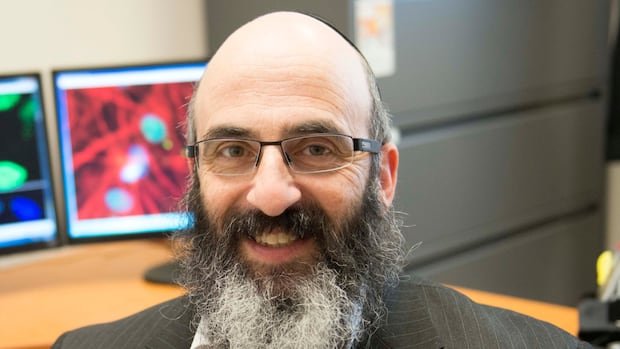Some experts have expressed worries about potential political intervention in scientific research following the statement made by the Premier of Ontario regarding monitoring scientists who conduct medical experiments on dogs and cats.
Premier Doug Ford recently criticized the use of beagles in cardiac research approved by the Lawson Research Institute and St. Joseph’s Health Care London, announcing plans to introduce legislation to prohibit testing on certain animal species. During a news conference in Windsor, Ford stated, “I have instructed our team to identify and investigate any other individuals engaged in research involving dogs or cats. If you are conducting such experiments, you must cease before facing consequences. We will enact laws to prevent this practice. The exploitation of animals in this manner will not be tolerated.”
Félix Proulx-Giraldeau, the executive director of Evidence for Democracy, an organization advocating for evidence-based decision-making in government, raised concerns about Ford’s specific references to ongoing medical research. He highlighted the importance of Canada’s independent ethics board, responsible for overseeing and evaluating all research activities to ensure ethical practices. Proulx-Giraldeau cautioned that public directives on permissible research areas by politicians might circumvent established ethical review processes.
Ford’s remarks followed a report by the Investigative Journalism Bureau at the University of Toronto, revealing the induction of prolonged heart attacks in dogs before euthanization by researchers. In response, St. Joseph’s Health Care London announced the immediate termination of dog-related research following consultations with provincial authorities. Despite multiple interview requests, the hospital declined to comment, and Ford’s office did not address inquiries regarding its role in halting the cardiac testing.
Institutions seeking federal funding for research involving animals are mandated to have an Animal Care Committee (ACC) overseeing such projects. The Lawson Research Institute’s ACC operates through Western University in London. Arthur Brown, the chair of Western’s ACC, emphasized the commitment of researchers and animal care personnel to animal welfare while acknowledging the scientific advancements facilitated by ethical research practices.
Brendon Samuels, a former member of Western’s ethics committee, speculated that the decision to discontinue animal research at the hospital stemmed from political pressure rather than regulatory concerns. He warned against political intervention in regulated research environments, stressing the importance of oversight bodies and expert consensus in addressing research-related issues.
Proulx-Giraldeau highlighted the detrimental impact of political interference on public trust in scientific endeavors, citing instances where political influence compromised research integrity. He emphasized the need for evidence-based decision-making and cautioned against undermining the independence and credibility of scientific pursuits.
Despite acknowledging the role of politicians in shaping research priorities, Samuels, Brown, and Proulx-Giraldeau underscored the importance of informed and collaborative engagement between policymakers and the scientific community. They emphasized the need for transparent and responsible governance in scientific research to maintain public trust and uphold ethical standards.

